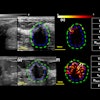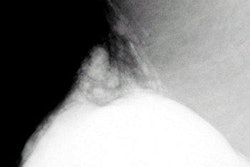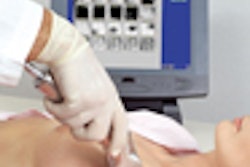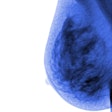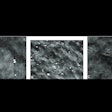Lawrence Livermore National Laboratory has teamed up with San Jose, CA-based startup BioLuminate to develop Smart Probe, a minimally invasive diagnostic tool designed to detect cancerous breast tissue after a mammogram or physical exam has detected a possible malignant lump.
The Smart Probe, smaller than a needle used in routine blood tests, is inserted into breast tissue and guided to the suspicious region. Sensors on the tip of the probe then measure optical, electrical, and chemical properties that are known to differ between healthy and cancerous tissues. Smart Probe can detect multiple (five to seven) known indicators of breast cancer, according to Lawrence Livermore and BioLuminate. Tissue measurements are made in real time in both normal and suspect tissue.
Lawrence Livermore and BioLuminate then deploy software to compare the real-time measurements to a set of known, archived parameters that indicate the presence or absence of cancer. The results are displayed instantly on a computer screen. Physicians can then determine if more invasive and costly tests are necessary, according to Lawrence Livermore and BioLuminate.
Lawrence Livermore has signed a research and development agreement with BioLuminate to use the Laboratory’s optical imaging and probing technology to develop Smart Probe for all cancer detection applications. In the future, the researchers believe Smart Probe will also be used on prostate, lung, colon, cervical, and brain cancer patients to detect malignancies and deliver and monitor treatment.
The researchers are designing and fabricating the first Smart Probe prototype. Human studies are expected to begin this spring at sites to be selected in Northern California, with commercial availability expected by 2003.
By AuntMinnie.com staff writersJanuary 11, 2001
Copyright © 2001 AuntMinnie.com



